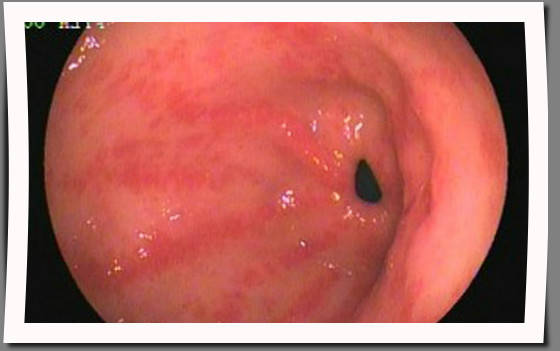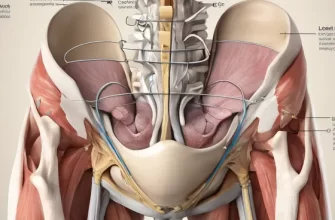Have you ever experienced a sharp pain in your abdomen when you cough? It can be quite unpleasant and leave you wondering what’s going on inside your body. Well, fear not, because today we’re here to shed some light on why your stomach hurts when you cough.
First things first, let’s talk about the mechanics behind a cough. When you cough, your diaphragm, a muscle located at the bottom of your chest, contracts, causing a sudden rush of air out of your lungs. This forceful release of air is what clears your airway and helps expel any irritating substances or mucus.
So why does your stomach end up getting caught in the crossfire? Here’s the deal: when you cough with a lot of force, your diaphragm contracts vigorously. This intense muscular action increases the pressure within your abdominal cavity. And if you happen to have a sensitive or already irritated stomach, it can be a recipe for discomfort.
But what can cause this sensitivity in the first place? Well, several factors may contribute to a tender tummy during coughing:
- Pre-existing stomach conditions: If you have gastritis, acid reflux, or an ulcer, your stomach lining may already be sensitive. When you cough, the increased pressure can exacerbate the existing inflammation, leading to pain.
- Strained muscles: If you’ve recently engaged in activities that put strain on your abdominal muscles, such as heavy lifting or intense workouts, these muscles can become tense and more susceptible to pain when coughing.
- Hernias: Sometimes, a cough can exert force on a preexisting hernia, leading to feelings of unease. A hernia takes place when an organ or tissue protrudes through a vulnerable area in the adjoining muscle or connective tissue. If you have any suspicions that you may have a hernia, it is advisable to seek advice from a healthcare expert.
Once you have gained a deeper comprehension of the reasons for your stomach pain while coughing, what are some ways to alleviate it? Here are some suggestions to assist in relieving the discomfort:
- Avoid triggering foods and beverages: Stomach pain can be exacerbated by consuming spicy, acidic, and fatty foods. It is advisable to choose plain and easily digestible meals to avoid further irritation to your stomach.
- Stay hydrated: Drinking enough water helps maintain a healthy digestive system and can alleviate some abdominal discomfort.
- Use over-the-counter solutions: Before taking any new medications, make sure to seek advice from a healthcare provider, as antacids or other medications that lower stomach acidity might offer only temporary relief.
If your stomach pain persists or worsens, it’s crucial to seek medical attention. A healthcare professional can evaluate your symptoms and provide you with an accurate diagnosis and appropriate treatment.
Remember, while a stomachache when coughing might not be a pleasant experience, there are steps you can take to manage and alleviate the discomfort. Take care of your body, listen to its signals, and keep those coughs as gentle as possible!









